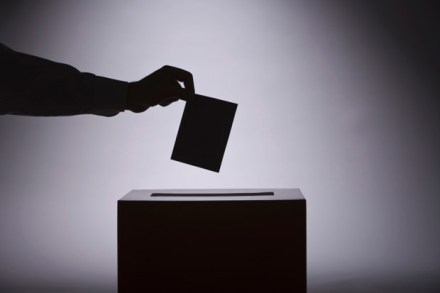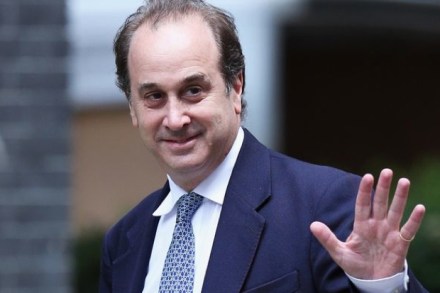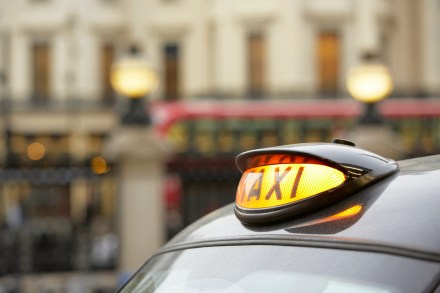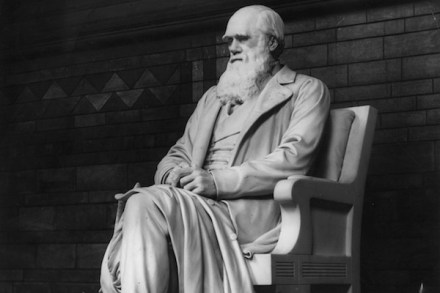How (and why) we lie to ourselves about opinion polls
A strange ritual takes place on Twitter most evenings at around 10.30 p.m. Hundreds of political anoraks start tweeting the results of the YouGov daily tracker poll due to be published in the following day’s Sun. Some of them are neutrals, but the majority are politically aligned and will only tweet those results that show their party in front. I often wonder what the point of this is, even though I’m guilty of it myself. It’s not as if anyone is going to see the tweet and say, ‘Ooh, I wasn’t going to vote Conservative, but now that YouGov has them two points ahead I’ve changed my mind.’ I can think

















